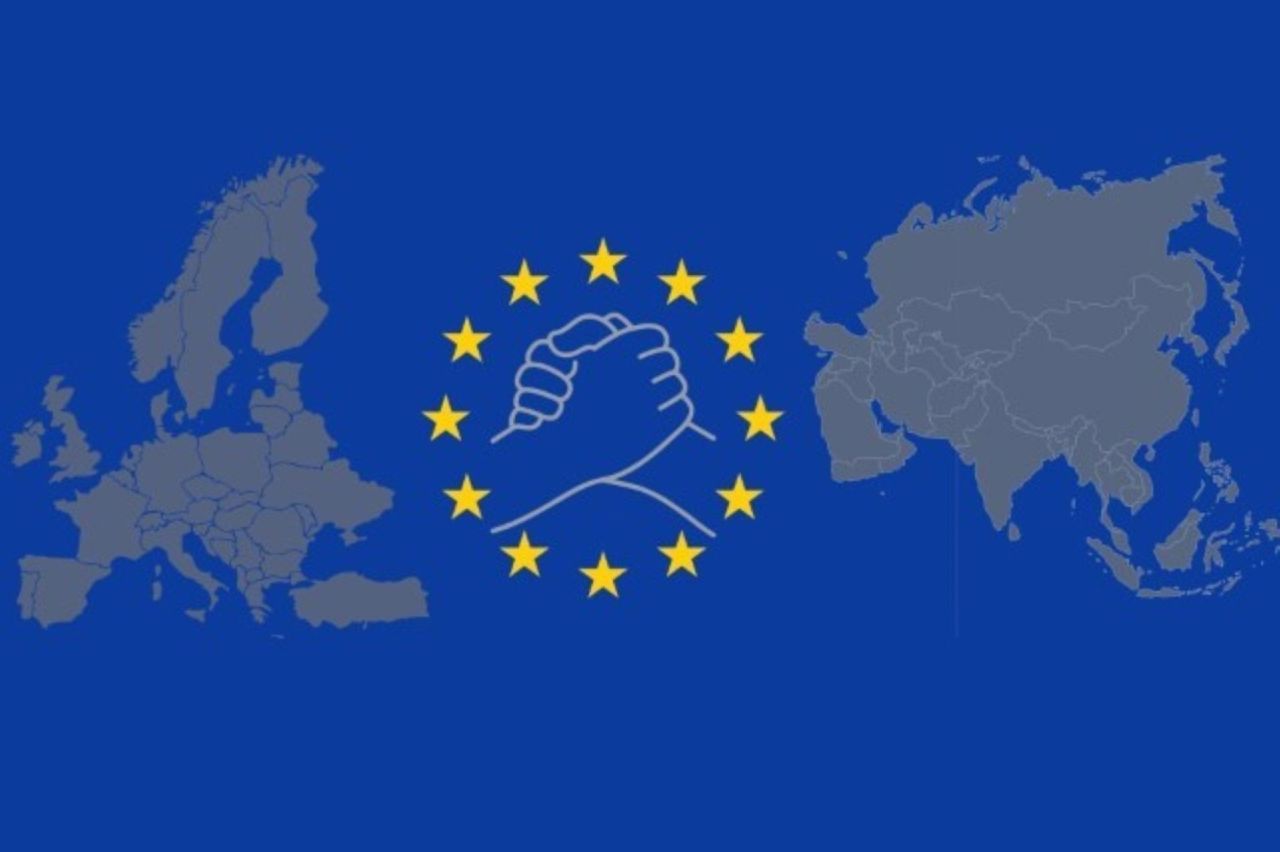
Project reference
18-0332-059-Comp-Asia-Eval
Contract duration
2023 - 2024
Budget
51,200
Regions
Asia
Keywords
Monitoring & Evaluation, Trade
Final Evaluation of PI/2017/383-969 – Cooperation on Competition in Asia
The main objectives of this evaluation are to provide the relevant services of the European Union, the interested stakeholders and the wider public with:
policy area of the EU, to understand the performance of the Action, its enabling factors and those hampering a proper delivery of results as to inform the planning of the future EU interventions and Actions in the same sector, which may be taken over from the Service for Foreign Policy Instruments (FPI) by other EU services, such as Directorate-General for International Partnerships (DG INTPA). Thus, a comprehensive evaluation, reflection, and recommendation also considering different mandates will be of significant value.
The main users of this evaluation will be FPI, DG COMP, and to some extent DG INTPA, EEAS including relevant EU Delegations, to inform the design of future activities, as well as to take note of working dynamics and partnership with counterparts in project countries. The evaluation will assess the Action using the five standard DAC evaluation criteria, namely: relevance, effectiveness, efficiency, sustainability and early signs of impact. In addition, the evaluation will assess two EU specific evaluation criteria:
- an overall independent assessment of the past performance of the “Cooperation on Competition in Asia”, paying particular attention to its results measured against its expected objectives; and the reasons underpinning such results;
- key lessons learned, conclusions and related recommendations in order to improve future Actions.
policy area of the EU, to understand the performance of the Action, its enabling factors and those hampering a proper delivery of results as to inform the planning of the future EU interventions and Actions in the same sector, which may be taken over from the Service for Foreign Policy Instruments (FPI) by other EU services, such as Directorate-General for International Partnerships (DG INTPA). Thus, a comprehensive evaluation, reflection, and recommendation also considering different mandates will be of significant value.
The main users of this evaluation will be FPI, DG COMP, and to some extent DG INTPA, EEAS including relevant EU Delegations, to inform the design of future activities, as well as to take note of working dynamics and partnership with counterparts in project countries. The evaluation will assess the Action using the five standard DAC evaluation criteria, namely: relevance, effectiveness, efficiency, sustainability and early signs of impact. In addition, the evaluation will assess two EU specific evaluation criteria:
- the EU added value (the extent to which the Action brings additional benefits to what would have resulted from Member States' interventions only);
- the coherence of the Action itself, with the EU strategy in ASEAN and the Indo-Pacific and other key programming documents, and with other EU policies and Member State Actions.